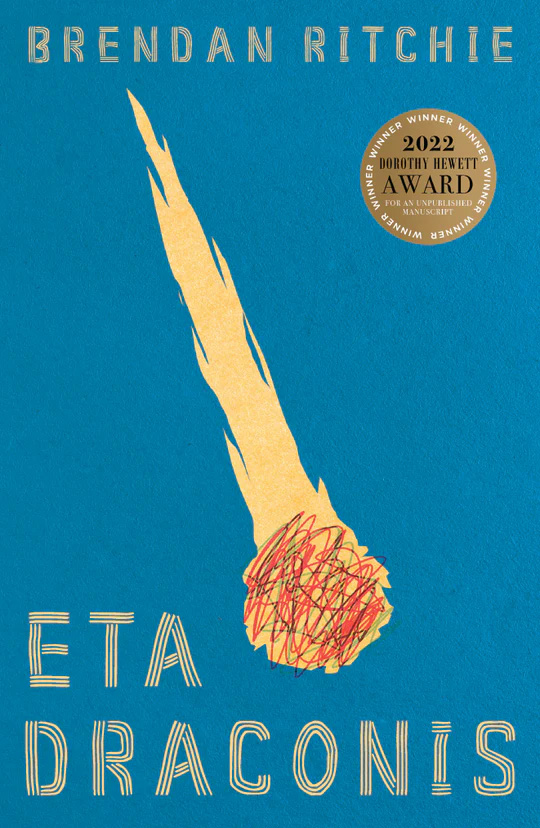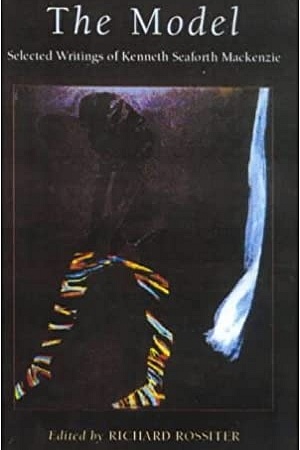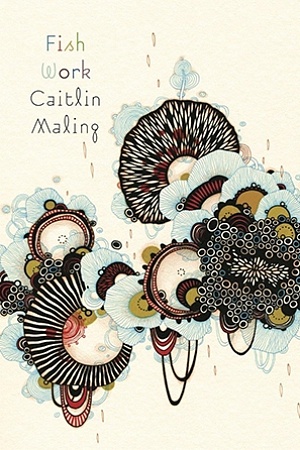Eta Draconis
UWA Publishing, $32.99 pb, 250 pp
The Comforting Weight of Water
Wakefield Press, $32.95 pb, 284 pp
Polycrisis
At a time when the world strains under the pressure of multiple crises, it stands to reason that coming of age might no longer hold the same literary value it once did. This ‘polycrisis’ encompasses not only the convergence of myriad catastrophic events – climate change, war, Covid-19, the resurgence of fascism, etc. – but also the failure of metanarratives or belief systems to mitigate against these. Amid all this unprecedentedness, the rise of an anti-Bildungsroman sentiment hardly surprises. In different ways, both Brendan Ritchie’s Eta Draconis and Roanna McClelland’s The Comforting Weight of Water attend to the central question: how does one come of age in a collapsing world? It’s a line of enquiry that just so happens to reflect Franco Moretti’s critique of the Bildungsroman genre in The Way of the World: The Bildungsroman in European culture (1987), articulating how the novel of youth upholds the myth of Western modernity and progress.
Early in his novel, Ritchie captures the conundrum the dying world poses to such progress: ‘Why were people … journeying to cities to begin degrees that stretched away so naively into the future?’ This apocalypse, however, is ostensibly different to our polycrisis. Set in the present to near future, Eta Draconis (which won the 2022 Dorothy Hewett Award for an Unpublished Manuscript) depicts an Earth seized by the cosmic caprices of an unending meteor shower: Eta Draconis. The novel centres on Elora, who is leaving her hometown of Esperance, Western Australia to study drama in ‘the city’ (Perth, though it is not specifically referred to as such), where she lived as a younger child until the cataclysmic arrival of Eta Draconis. Accompanying her on the perilous road is her older sister – and driver – Vivienne, who, now settled into campus life after some years in the city, has returned to Esperance to usher her younger sister to a cultured, brighter future. But their relationship is fraught. Where Elora has grown deeply attached to the town, its people and surrounding country, Vivienne, plucked from Perth in the prime of her teenage years, feels robbed and longs for the meteor-less past, almost to the point of denial.
Continue reading for only $10 per month. Subscribe and gain full access to Australian Book Review. Already a subscriber? Sign in. If you need assistance, feel free to contact us.
















Leave a comment
If you are an ABR subscriber, you will need to sign in to post a comment.
If you have forgotten your sign in details, or if you receive an error message when trying to submit your comment, please email your comment (and the name of the article to which it relates) to ABR Comments. We will review your comment and, subject to approval, we will post it under your name.
Please note that all comments must be approved by ABR and comply with our Terms & Conditions.